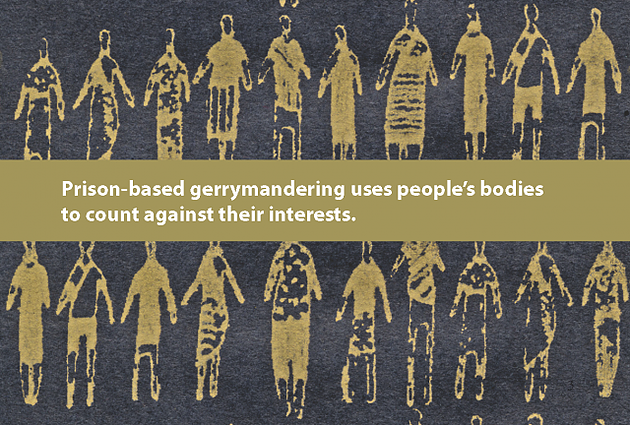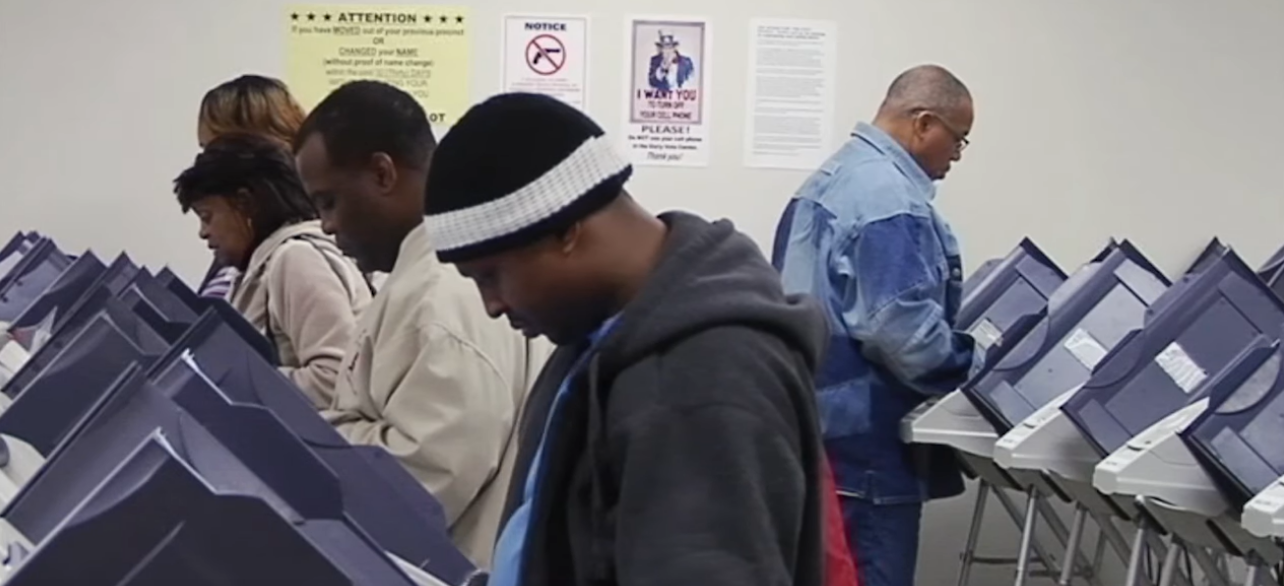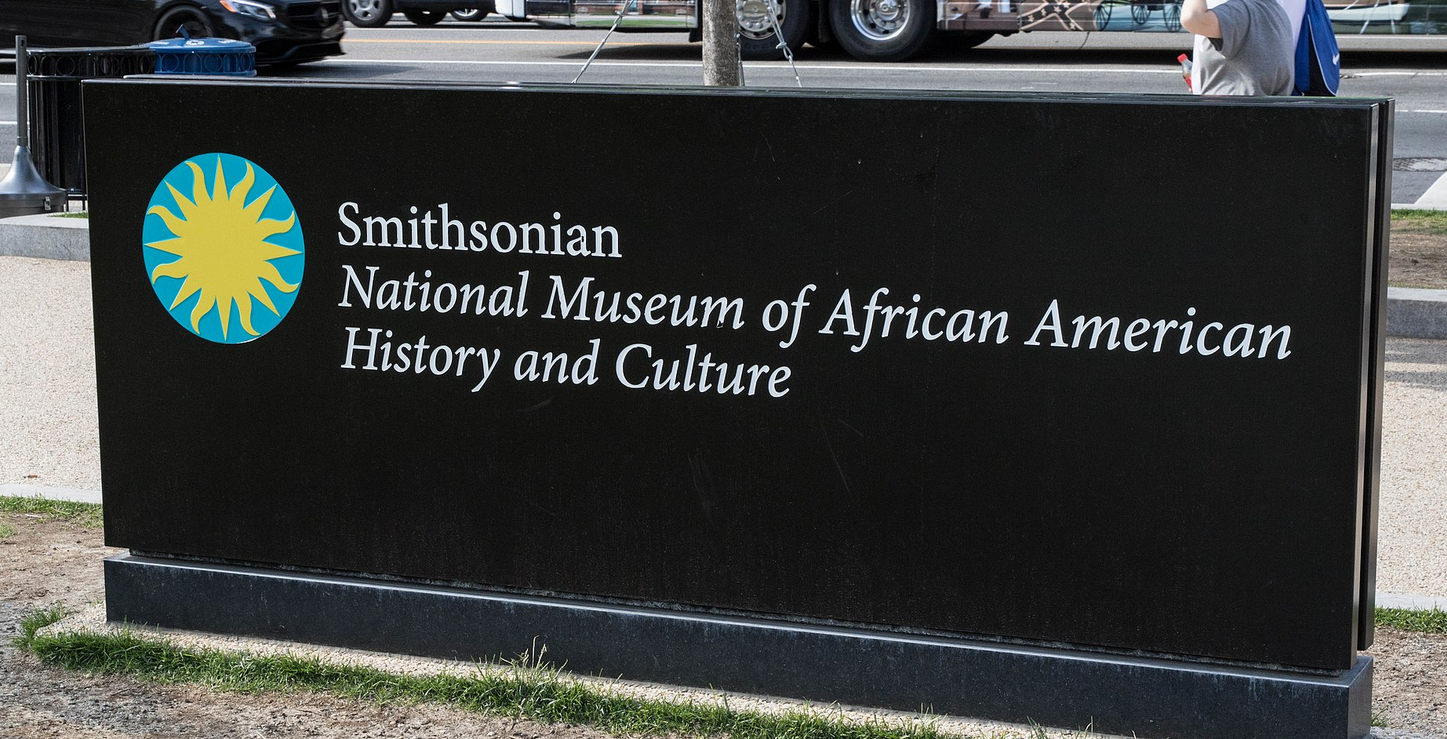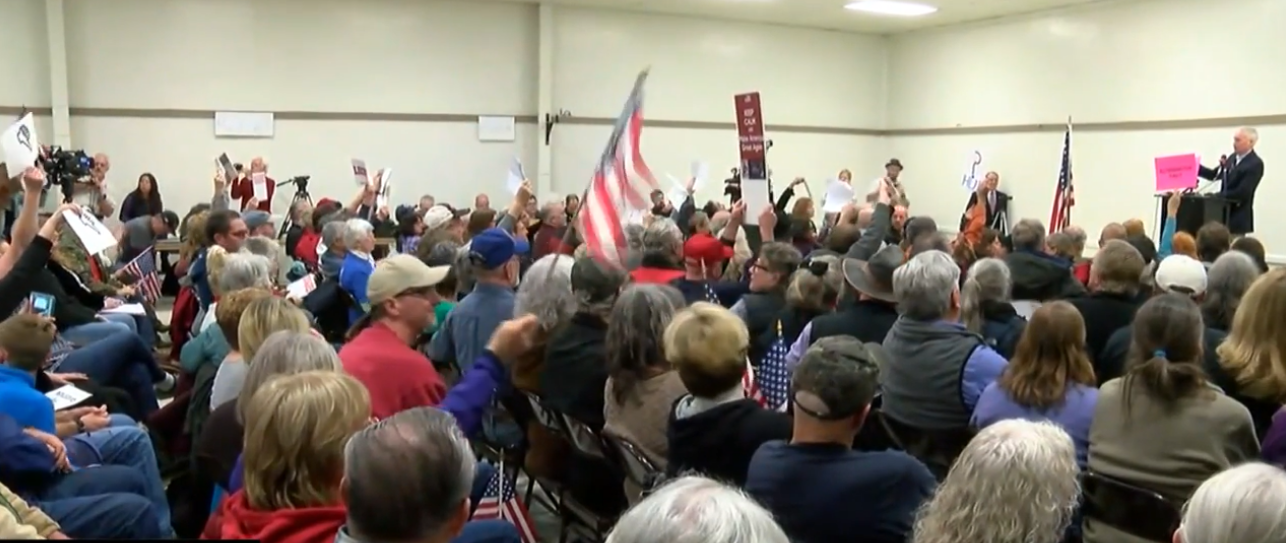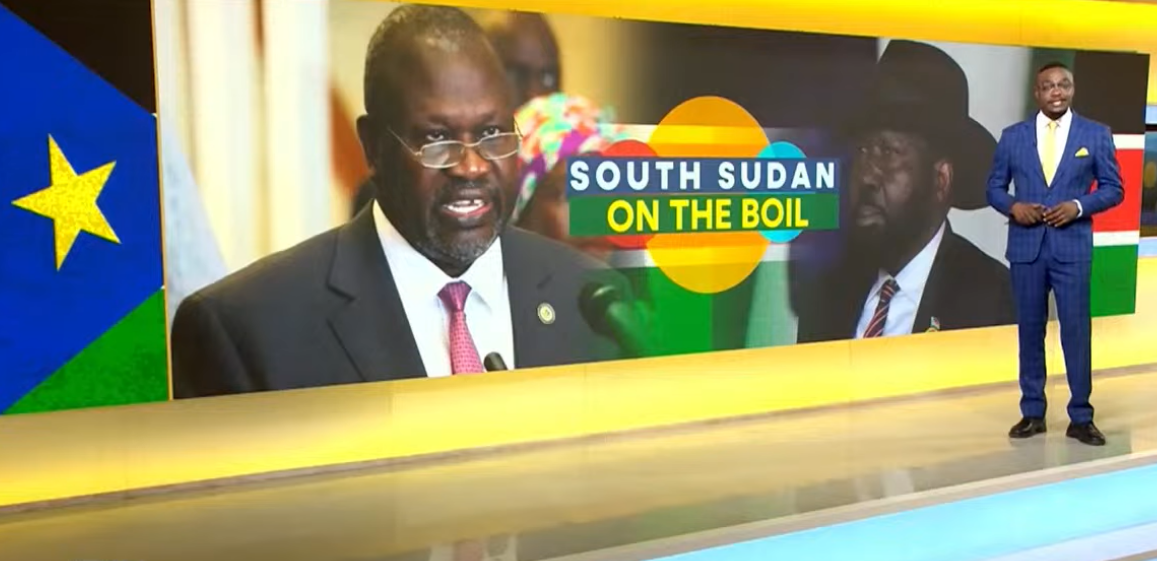[Pennsylvania’s Prison-based Gerrymandering]
NAACP Legal Defense Fund’s Cara McClellan: “The people most harmed by prison-based gerrymandering in Pennsylvania are communities of color in urban districts…deprived of an equal voice in Commonwealth affairs.”
Photo: YouTube
This week, the NAACP Legal Defense and Educational Fund, Inc. (LDF), the NAACP, and Bal-lard Spahr filed a lawsuit challenging the practice of “prison-based gerrymandering” in the Commonwealth of Pennsylvania.
The lawsuit was filed on behalf of plaintiffs the National Association for the Advancement of Colored People (NAACP), NAACP Pennsylvania State Conference, Philadelphia NAACP, University of Pennsylvania Chapter of the NAACP, Progressive NAACP, University of Pennsylvania Chapter of Beyond Arrest: Re-Thinking Systematic-Oppression (BARS), Robert L. Holbrook, Abdul Lateef, Terrance Lewis, and Margaret Robertson.
“Prison-based gerrymandering” is the practice of counting incarcerated people, for redistrict-ing purposes, as residents of the prisons where they are involuntarily and often temporarily held, instead of their true homes — the places where they lived before prison, maintain family and community ties, and overwhelmingly return to after their incarceration ends.
The prison population in Pennsylvania is disproportionately made up of Black or Latino people from large cities, such as Philadelphia and Pittsburgh. But Pennsylvania has constructed its prisons predominantly in rural areas, where the majority of residents are white. By relying on incarcerated people’s bodies to achieve near-equal populations of people among legislative districts, the Commonwealth’s General Assembly artificially inflates the political power of rural, white voters — and dilutes the voting strength and access to representation of communities of color in urban districts.
“This is yet another example of how the collateral consequences of mass incarceration have mushroomed to impact not only the liberty of one individual but the right to vote and the right to equal representation of an entire community,” said Minister Rodney Muhammad, President of the Philadelphia NAACP.
The practice of prison-based gerrymandering also defies logic. Legally and practically, most incarcerated people are not residents of the districts where they are incarcerated. People imprisoned for felonies (the overwhelming majority of incarcerated people) cannot vote, and elected officials from districts that include prisons generally do not engage with incarcerated people or treat them as constituents.
“The people most harmed by prison-based gerrymandering in Pennsylvania are communities of color in urban districts,” said Cara McClellan, LDF Assistant Counsel. “Because of prison-based gerrymandering, in tandem with mass incarceration, voters in urban districts are deprived of an equal voice in Commonwealth affairs.”
As the Pennsylvania Supreme Court has held, the Pennsylvania Constitution bars the Commonwealth from “impermissibly lessening the power of an individual’s vote based on the geographical area in which the individual resides.” The Pennsylvania Constitution also recognizes the principle of one person, one vote, requiring legislative districts to be “as nearly equal in population as practicable,” so that each person in the Commonwealth has roughly the same voting strength and quality of representation. The Commonwealth’s use of prison-based gerrymander-ing violates these constitutional commands.
“This pervasive and manufactured population-inflation is a deceptive method that takes advantage of the misfortunate plight of incarcerated individuals,” said NAACP General Counsel Bradford Berry. “Special attention must be given to this practice of gerrymandering and to the relationship that exists between political power, prisons, and district lines.”
LDF has advocated against prison-based gerrymandering — in the courts, in communities, in state legislatures, and before the U.S. Census Bureau — for nearly two decades. As the first and foremost civil rights legal organization in the country, LDF is firmly committed to achieving legal protections that will allow people of color, and all people, to be fairly counted and represented in our democracy.
“I am proud to partner with LDF on this important issue,” said Kahlil Williams, a Ballard Spahr litigator who is serving as co-counsel to Plaintiffs. “Prison-based gerrymandering is forbidden by statute and is at odds with the State constitution. Today’s legal challenge will result in fairer maps and more equal representation for all Pennsylvanians.”
Founded in 1940, the NAACP Legal Defense and Educational Fund, Inc. (LDF) is the nation’s first civil and human rights law organization. LDF has been completely separate from the National Association for the Advancement of Colored People (NAACP) since 1957—alt-hough LDF was originally founded by the NAACP and shares its commitment to equal rights. LDF’s Thurgood Marshall Institute is a multi-disciplinary and collaborative hub within LDF that launches targeted campaigns and undertakes innovative research to shape the civil rights narrative. In media attributions, please refer to us as the NAACP Legal Defense Fund or LDF.
Founded in 1909, the NAACP is the nation’s oldest and largest nonpartisan civil rights organization. Its members throughout the United States and the world are the premier advocates for civil rights in their communities. You can read more about the NAACP’s work and our six “Game Changer” issue areas at www.naacp.org.
